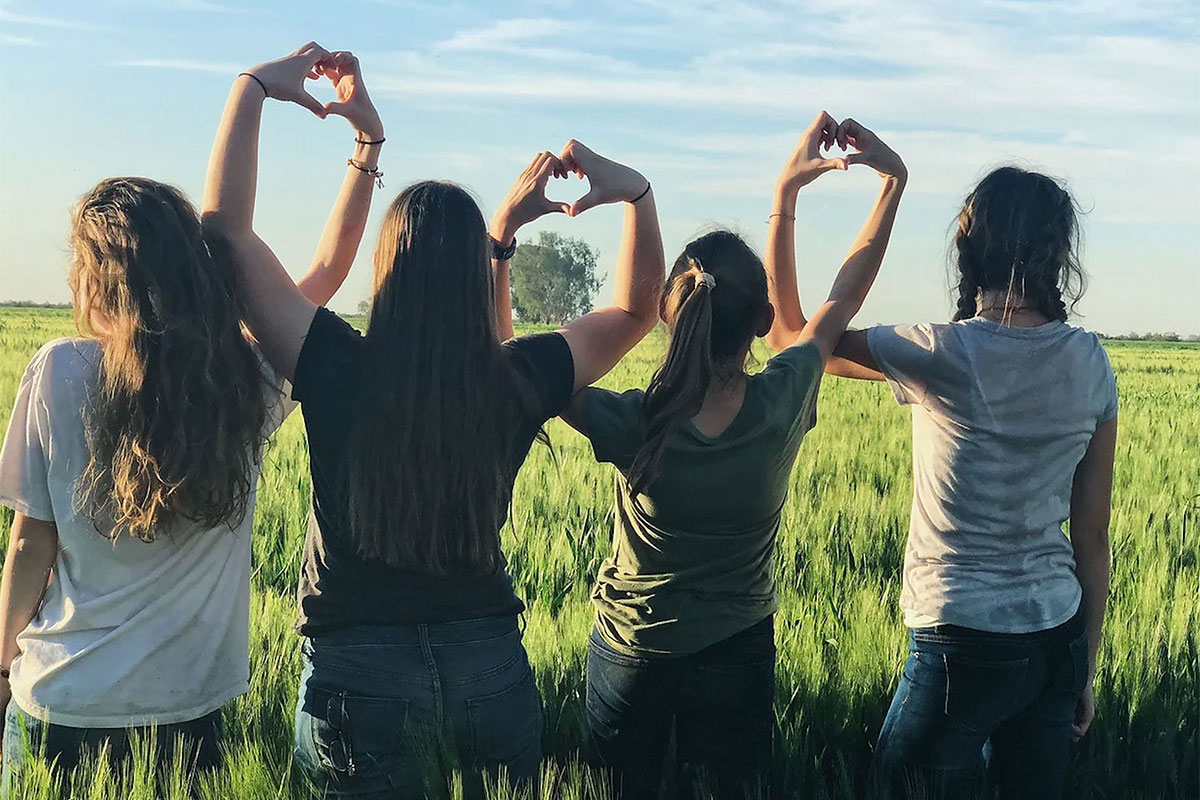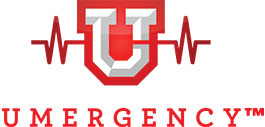
14 Dec Just Say KNOW Fentanyl, Fakery, and the New Drug Talk
By Ed Ternan –
This guest blog is by our friend and partner, Ed Ternan, co-founder of Song For Charlie, a non-profit dedicated to fentanyl awareness and prevention. The fentanyl crisis has reached epidemic levels and was recently cited as the #1 killer of US adults 18-49. Ed’s practical and informative treatment of the issue is essential reading for all students and parents. This article was published by Missouri Medicine: The Journal of the Missouri State Medical Association and is reprinted with permission.
When my healthy 22-year-old son died in May 2020, I had heard of fentanyl, but I didn’t know it was in street drugs. I soon learned that a bootleg version of the potent opioid was the main ingredient in the fake Percocet that killed Charlie. And that thousands of others are being poisoned by these realistic looking “fentapills,” which are intentionally designed to look like familiar medications, such as Oxycodone and Xanax.
When I describe Charlie’s death, the reaction I get is, “Wait. What?” Then I repeat: Drug traffickers are intentionally pressing counterfeit prescription pills and selling them as legitimate medications, often to unsuspecting young people who are seeking to relive stress or otherwise self-medicate. This is no fluke. This is the new business model. And it is here to stay.
Since Charlie’s death, Mary and I have devoted our time and energy to warning youth and parents about this new risk. We have taken a deep dive into the fentanyl epidemic and related issues, speaking at length to experts in every relevant field. We share our learnings here in the hope that you will join the effort to flatten the fentanyl poisoning curve.
At a high level, here is what we want you to know:
- The drug landscape has changed forever with the emergence of fentanyl, deceptive marketing and social media.
- Counterfeit pills put a new demographic at risk – teens and young adults who are often experimenting or self-medicating.
- Updating our national response takes time. We need to alert kids and parents right now.
- Medical professionals are well positioned to educate families.
Seismic Shift: From the Farm to the Lab
The drug landscape has shifted. In my day, when drugs were plant-based, we were warned about “getting off on the wrong track” and eventually becoming addicted to booze or coke or, God forbid, heroin. Today, in the age of fentanyl and fakery, the world of street drugs is like a minefield, where your next step (or your first) could be your last.
The seismic shift started with the migration of drug production from the farm to the lab. For eons, we humans have cultivated and processed plants for their nutritional, medicinal and euphoric effects. Ultimately, the supply of our intoxicants was subject to the same limitations as our food, like geography, weather, and yield.
Not anymore. Synthetic opioids like fentanyl are a mixture of freely available chemical precursors that can be produced anywhere, any time. No sophisticated equipment is required. This means that the supply is unlimited. And what happens when supply of any commodity can rise to meet demand at any level? The price plummets.
The headlines about illicit fentanyl and its many chemical cousins (analogues) describe their potency: Up to 100 time stronger than morphine and 50 times stronger than heroin. So, fentanyl is both cheap and potent. The sum of those properties adds up to enormous profits for drug dealers. Fentanyl is the Mother Lode of drugs and dealers at every level are working it into their product lines.
Synthetics represent a better mousetrap, and there are new substances in the pipeline, like nitazines, another opioid yet more potent than fentanyl. Of course, this new generation of street drug makers are not PhDs. They are amateurs; keyboard chemists researching compounds online and devising formulations by trial and error. And American drug consumers are their lab rats.
Fakery – What You Don’t Know Might Kill You
The earthquake of fentanyl was soon followed followed by a powerful aftershock – Fakery. In around 2014, profit-driven dealers began cutting fentanyl into heroin without telling their customers. Overdoses spiked. Since then, thousands of people have died after taking ecstasy, methamphetamine or cocaine cut or contaminated with fentanyl.
The most despicable use of illicit fentanyl is when drug traffickers use it as the active ingredient in counterfeit prescription pills. The buyers of these products are usually younger, less savvy kids who are experimenting or self-medicating. They go online
seeking legitimate medications, which they expect to be consistent, regulated and safe. They are offered pills that look and feel like those commercial products. But they are fake. Fentanyl and filler – unevenly dosed and potentially deadly.
The combination of fentanyl and fakery has permanently upended the drug landscape – from a path with warning signs to an unmarked minefield. And we are seeing the deadly results. Previously unaffected groups – experimenting teens, self-medicators, occasional partiers – have been pulled into the danger zone by the deceptive practice of selling drugs laced with fentanyl without the buyer’s knowledge or consent. In fact, 77% of drug related deaths among teens ages 14-17 involve fentanyl.
The New Drug Talk – Just Say ‘Know’
Mary and I decided early in our journey to take our warning message directly to kids and parents. We partnered with all the major social media platforms to target our content to youth aged 13-24 and their caregivers. We have reached over 50 million unique viewers since our campaigns launched in July 2021.
Our online messaging needs to be reinforced on the ground. We recently commissioned a survey to determine what Gen Z knows about fentanyl. The results hold some promise and present some challenges. Although general awareness about fentanyl is up since last year (from 31% to 40%), less than half (48%) have heard about fentanyl in fake prescription pills. We have more work to do.
This is where you can help. When asked who they trust to provide reliable information about fentanyl, 76% of young Americans ranked healthcare professionals first. You have a unique opportunity to turn the tide of this unprecedented crisis; one-on-one, up close and personal.
Covid serves as an equalizer. As we emerge from the pandemic, mental health issues have become mainstream, less stigmatized. This helps to unlock the conversation about the dangers of self-medication in the age of fentanyl. It makes sense to have the “drug talk” in the context of a public health warning for youth. Acknowledge and honor their stress and anxiety. They are not alone in that. Coach them that relieving stress by self-medicating is no longer an option. As we say, “You can’t solve real problems with fake pills.”
Our strategy is to engage young people and empower them to protect themselves and their friends. This means taking a “Just Say Know” approach – give them the facts they need to make informed decisions and spread the word among their peers. We have designed songforcharlie.org as a resource for “real talk about fake pills.” We hope you will join us by amplifying our message in your practice and in your community.

